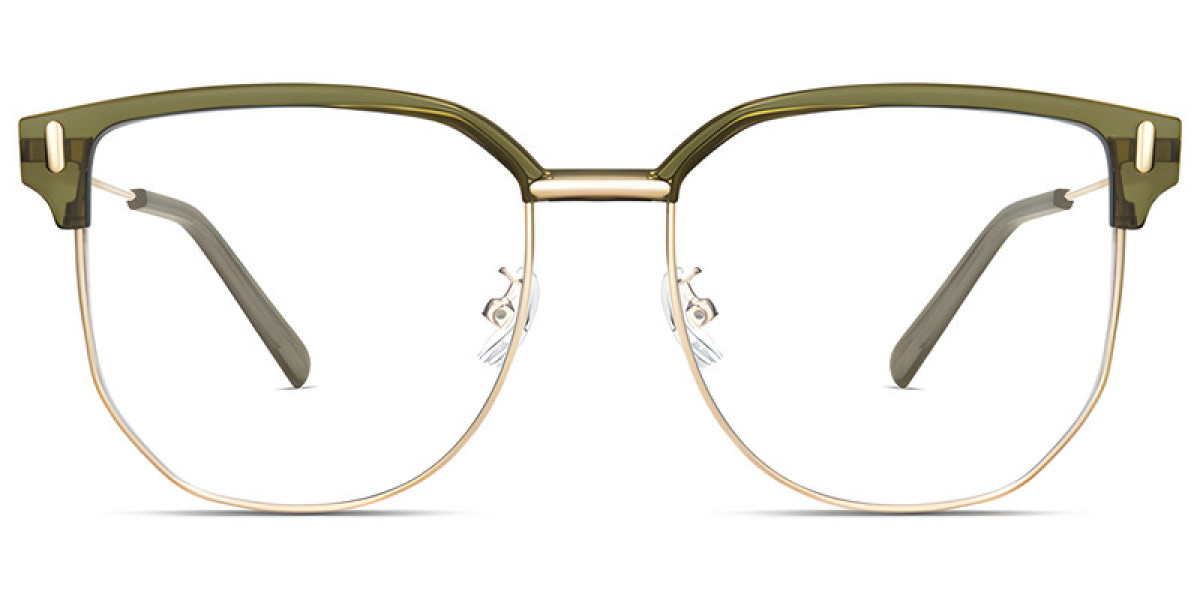Residential window tinting is one of the best investments you can make to improve your home’s comfort, energy efficiency, and privacy. By applying high-quality window films, you can protect your interiors from harmful UV rays, reduce glare, and increase your home's security.
In this article, we’ll explore the benefits, types, and installation process of window tinting, helping you make an informed decision.
The Benefits of Residential Window Tinting
1. Energy Efficiency and Cost Savings
One of the main reasons homeowners choose window tinting is its ability to reduce energy costs. By blocking excess heat in the summer and retaining warmth in the winter, tinted windows help lower HVAC expenses, leading to significant savings on energy bills over time.
2. UV Protection for Your Home and Health
Did you know that UV rays can cause furniture, flooring, and artwork to fade? Residential window tinting blocks up to 99% of UV radiation, preserving your home’s interior and preventing long-term damage. Additionally, it protects your skin from harmful sun exposure, reducing the risk of skin conditions.
3. Improved Privacy Without Blocking Natural Light
Unlike curtains or blinds, tinted windows provide daytime privacy while still allowing natural light to brighten your home. This is especially useful for homes in busy neighborhoods or areas with high foot traffic.
4. Reduced Glare for a More Comfortable Living Space
Excessive glare from sunlight can make working on a computer or watching TV difficult. Window tinting significantly reduces glare, improving visibility and making your home more comfortable for daily activities.
5. Enhanced Security and Safety
Tinted windows reinforce glass, making them more resistant to shattering in case of a break-in or accidental impact. This added protection can deter intruders and provide your family with extra safety.
Types of Residential Window Tinting
1. Solar Control Window Tint
This type of film is designed to block heat and UV rays, keeping your home cool and reducing energy costs. It’s ideal for homes in hot climates.
2. Privacy Window Film
If privacy is a concern, frosted or reflective window films offer excellent daytime privacy without sacrificing natural light. These are great for bathrooms, bedrooms, and street-facing windows.
3. Decorative Window Film
For homeowners looking to enhance their interior design, decorative films come in various patterns, textures, and colors. These films provide aesthetic appeal while still offering UV protection.
4. Security Window Film
Security films are thicker and more durable, designed to prevent windows from shattering easily. This option is excellent for high-crime areas or homes prone to severe weather conditions.
5. Insulating Window Film
This film helps regulate indoor temperatures by improving insulation. It keeps heat inside during winter and blocks excess heat in summer, making it perfect for energy-conscious homeowners.
The Residential Window Tinting Process
Step 1: Consultation and Film Selection
A professional Residential window tinting will assess your needs and help you choose the best tint type, shade, and material for your home.
Step 2: Cleaning and Preparation
Before applying the tint, your windows will be thoroughly cleaned to remove dust, debris, and smudges.
Step 3: Film Application
The window film is measured and applied carefully using precision cutting tools to ensure a smooth, bubble-free finish.
Step 4: Drying and Curing
Once applied, the film needs a few days to cure properly. During this time, avoid cleaning or disturbing the windows.
Maintenance Tips for Tinted Windows
To keep your window tint in excellent condition:
- Wait at least 48 hours before cleaning newly tinted windows.
- Use a soft microfiber cloth and ammonia-free cleaner to clean tinted surfaces.
- Avoid abrasive materials like paper towels, which can scratch the film.
- Regularly inspect your tint for peeling or bubbling and address any issues immediately.
Is Residential Window Tinting Worth It?
Absolutely! Whether you want to reduce energy costs, enhance privacy, or improve security, residential window tinting is a cost-effective and long-term solution.









